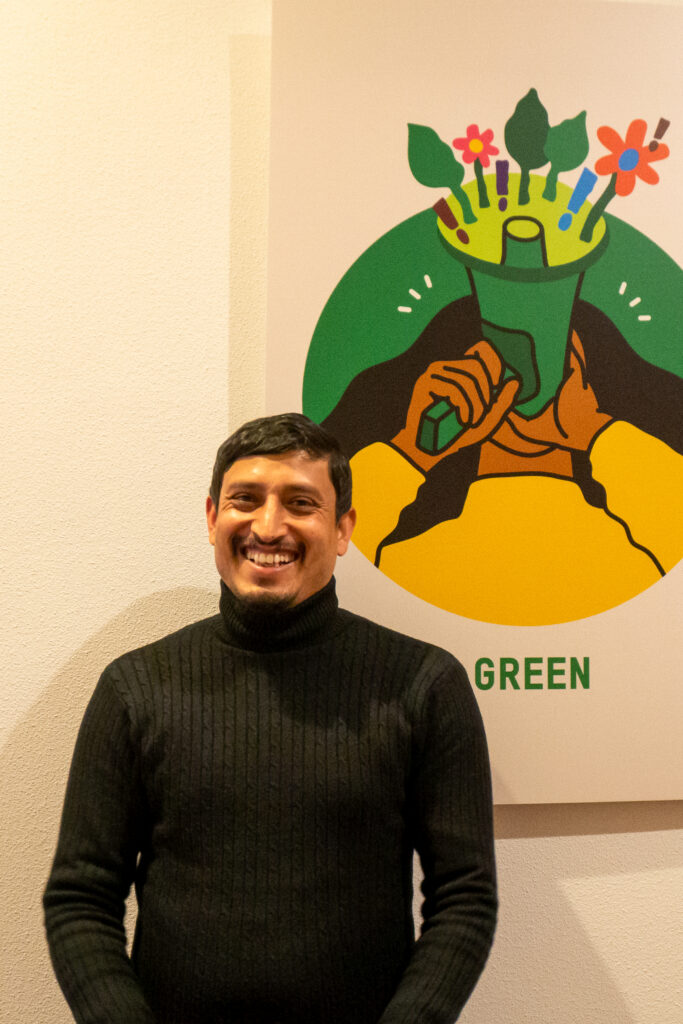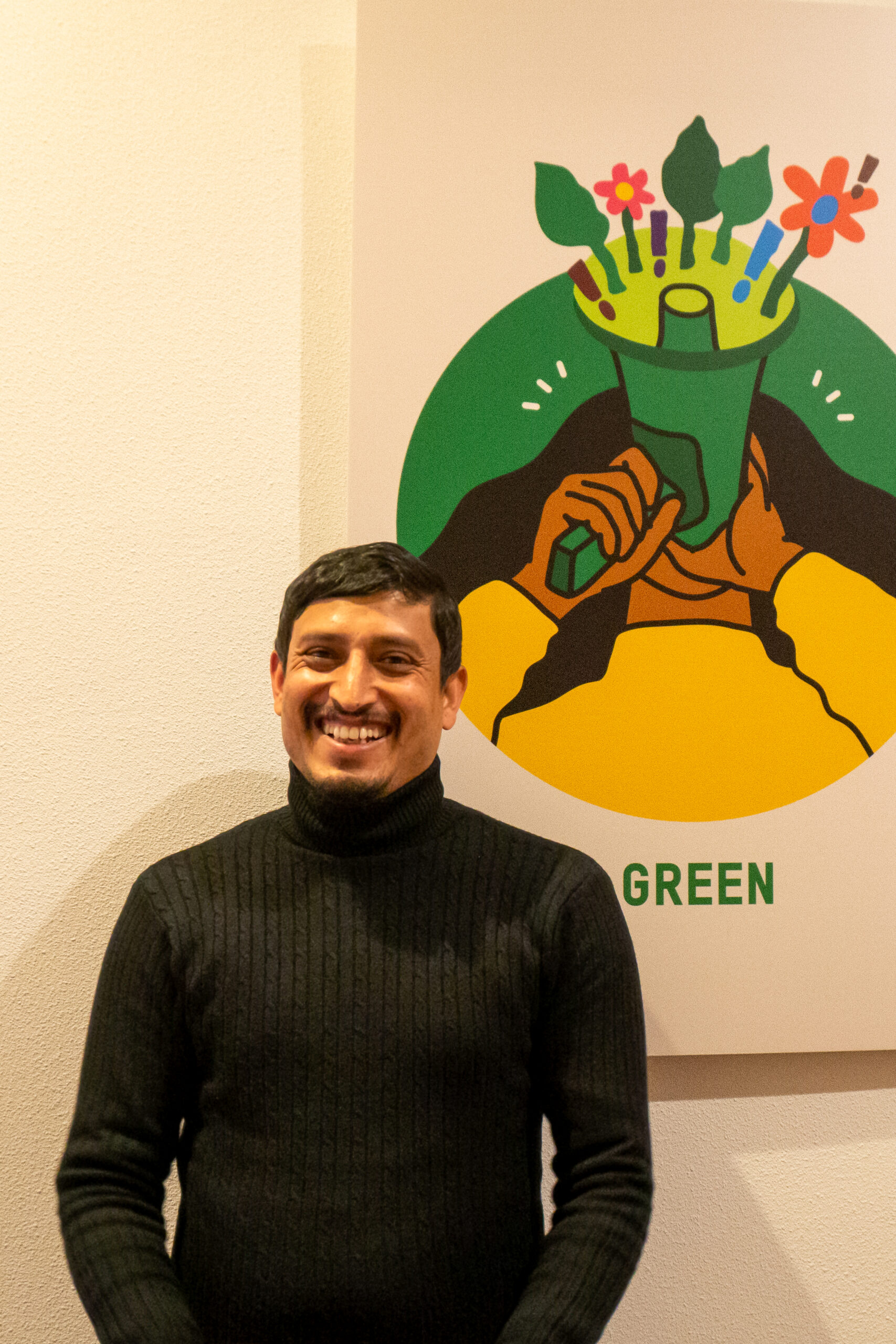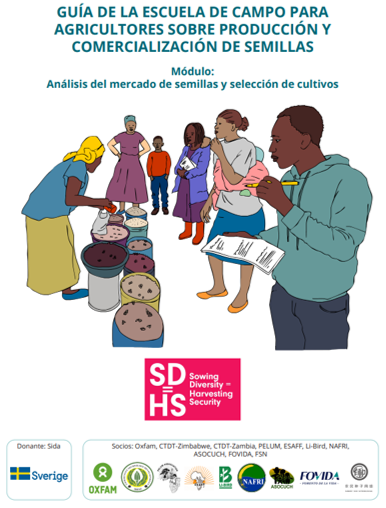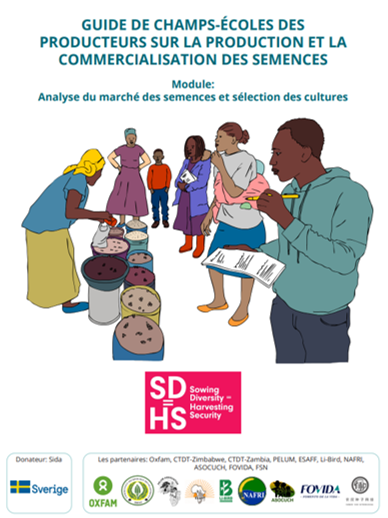“It is on the field that I realize how much of a difference there is between theory and practice.”
Sahadev KC has been working in Nepal with farmers and their seeds for the past three years. He works with LI-BIRD, in the far west part of Nepal. In this region, he works in two districts of Terai, the flatlands, and in two districts in the mid hills. The area is home to different ethnic groups, tribes, languages, cultures, religions, and caste systems. Working with such a variety of groups was challenging at first, but it turned into a great learning experience. He highlighted the importance of farmers’ willingness to cooperate and share their experiences. LI-BIRD would come in with some experience and theoretical knowledge, but Sahadev does not have practical skills himself.
As part of a group of seven, Sahadev took part in week long course on Smallholder Engagement in Seed Systems course. The course was developed by Wageningen University & Research, the Norwegian University of Life Sciences, the Production Ecology & Resource Conservation and Oxfam Novib through the Sowing Diversity=Harvesting.
Exchanging knowledge between practitioners and the PhDs was new to me. I believe we change some mindsets. We also gained from them, seeing other possibilities and critical approach. It was really useful for me when I fly back to my work location.
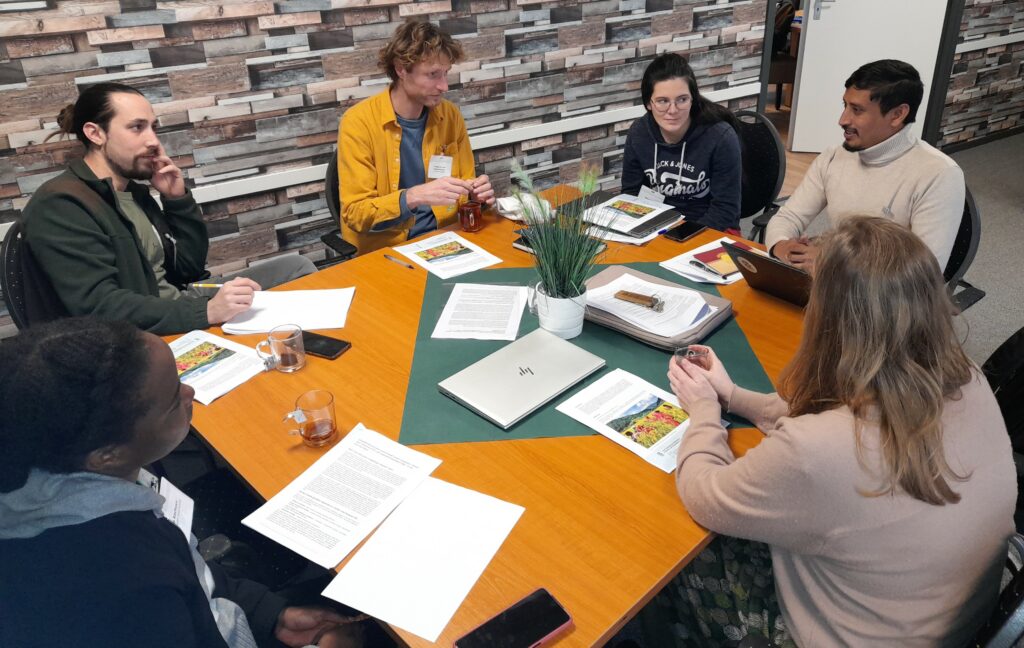
The LI-BIRD representative found the experience one of the most useful he took part in and highly appreciated the opportunity to exchange knowledge between practitioners and academics. He shared his experiences from working in the field with farmers, and it was well received by the group. Sahadev presented the case from Nepal and explained how farmers are developing and improving their own seed varieties. LI-BIRD advocates for the registration of these varieties, and succeeded in registering seven varieties in the past year!
When asked about his thoughts on hearing from other colleagues from different countries, Sahadev mentioned that there were a lot of similarities in their work on participatory plant breeding and community seed banks. He also appreciated China’s case about working in a network and thinks that they can learn and adapt it to the Nepali reality, relying on LI-BIRD’s experience from the creation of community seed bank network at the national level.
Finally, Sahadev thanked Oxfam Novib, Wageningen University, and Conny Almekinders for her support and friendship throughout his journey. There is no doubt that this experience was valuable and that it will contribute to his work.
